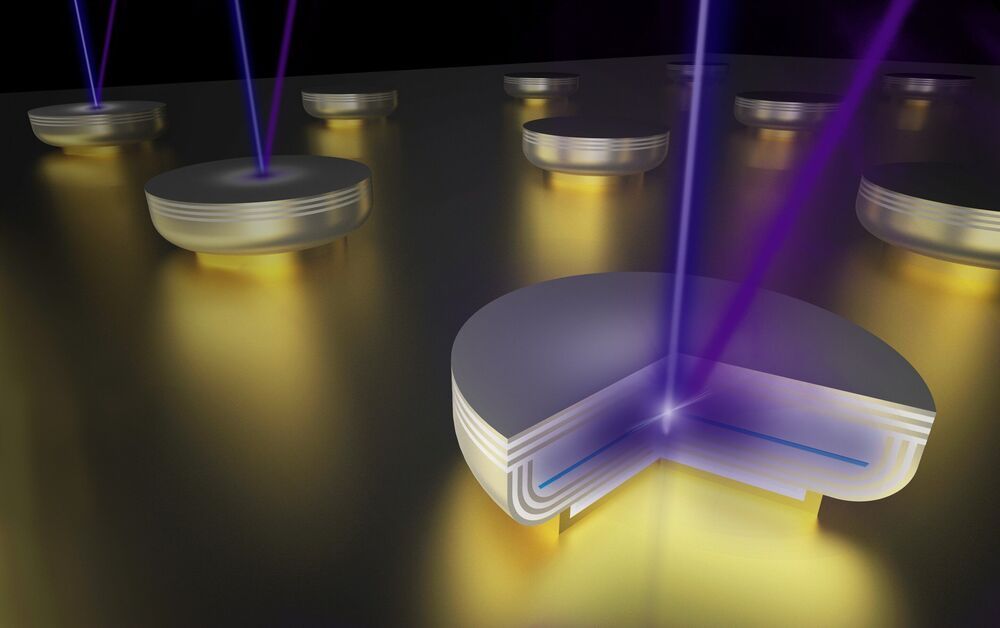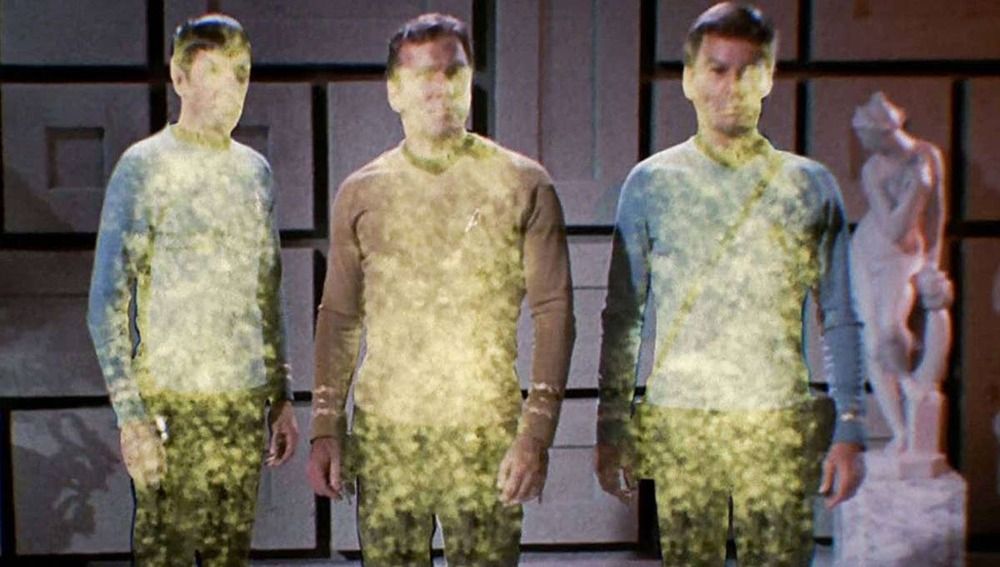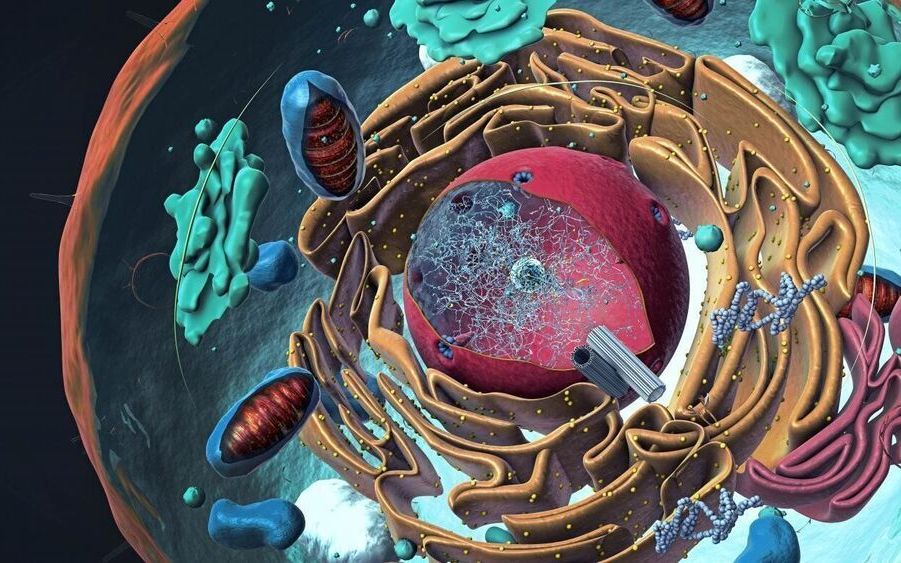Researchers at Chalmers University of Technology, with collaborators at Technische Universität Berlin, have demonstrated the shortest wavelength ever reported of a vertical-cavity surface-emitting laser (VCSEL). This can pave the way for future use in, for example, disinfection and medical treatment. The results were recently published in the scientific journal ACS Photonics.
“Although there is still much work to be done, especially to enable electrically driven devices, this demonstration provides an important building block for the realization of practical VCSELs covering the major part of the UV spectral range,” says Filip Hjort, Ph.D. student at the Photonics Laboratory at MC2 and first author of the article.
A vertical-cavity surface-emitting lasers (VCSEL) is a compact semiconductor laser and has seen widespread application in, for example, facial recognition in smartphones and for optical communication in data centers. So far, these lasers are only available commercially with red and infrared wavelengths, but also other visible-emitting VCSELs, that could find applications in adaptive headlamps for cars or projection displays, will soon be commercialized.









